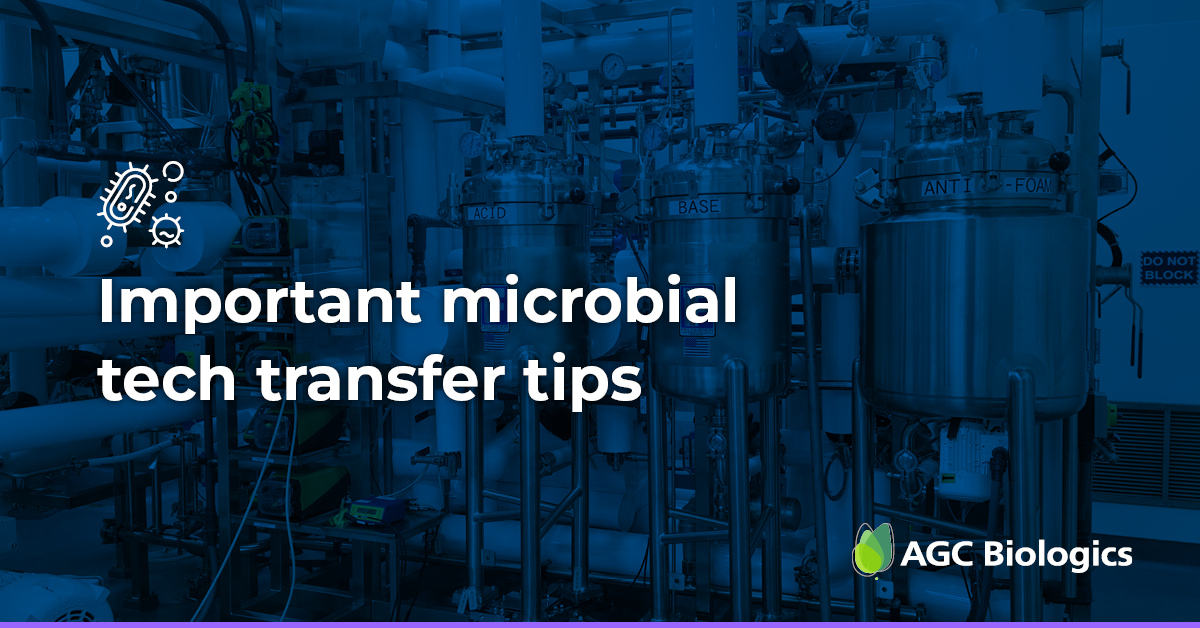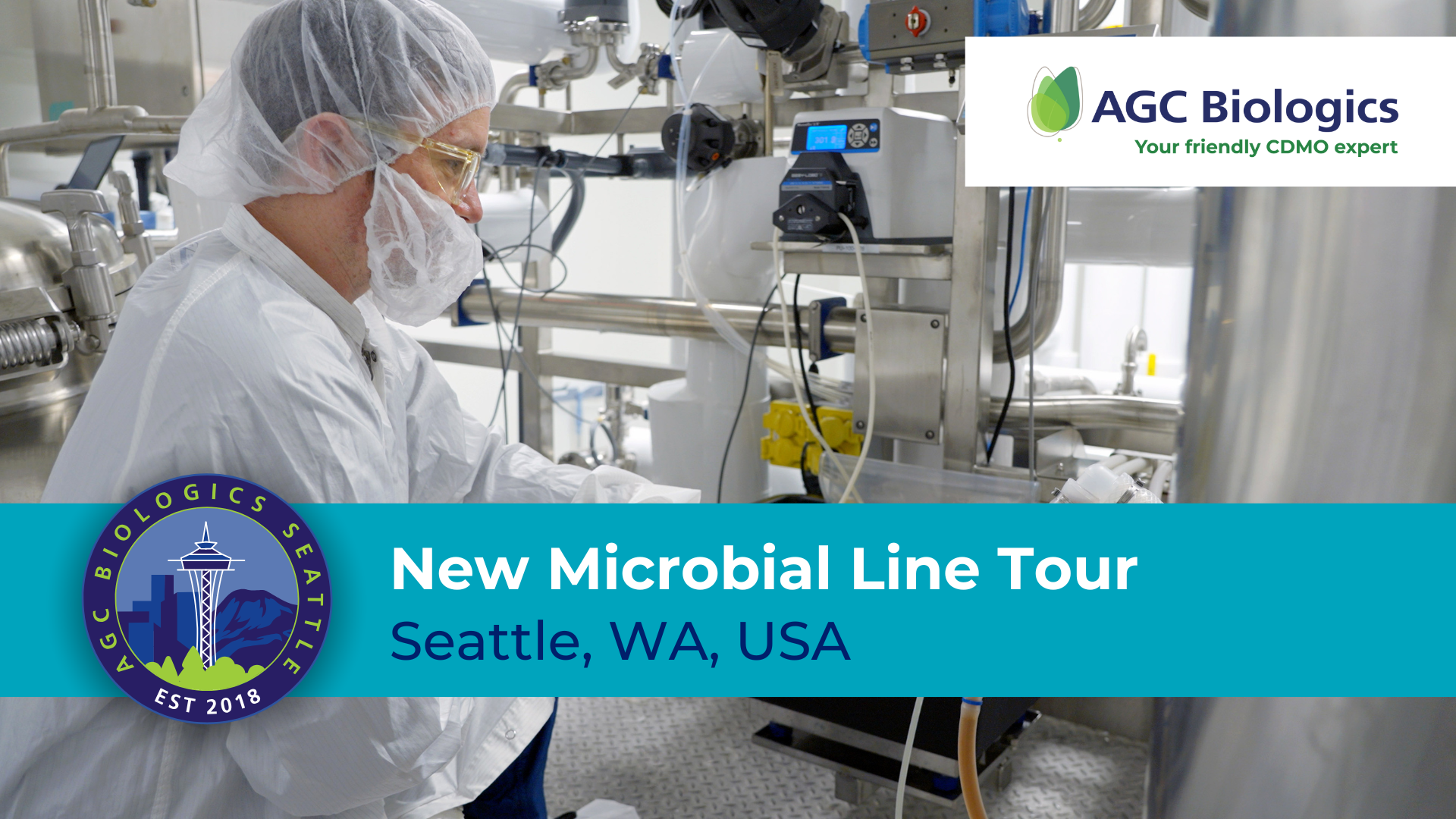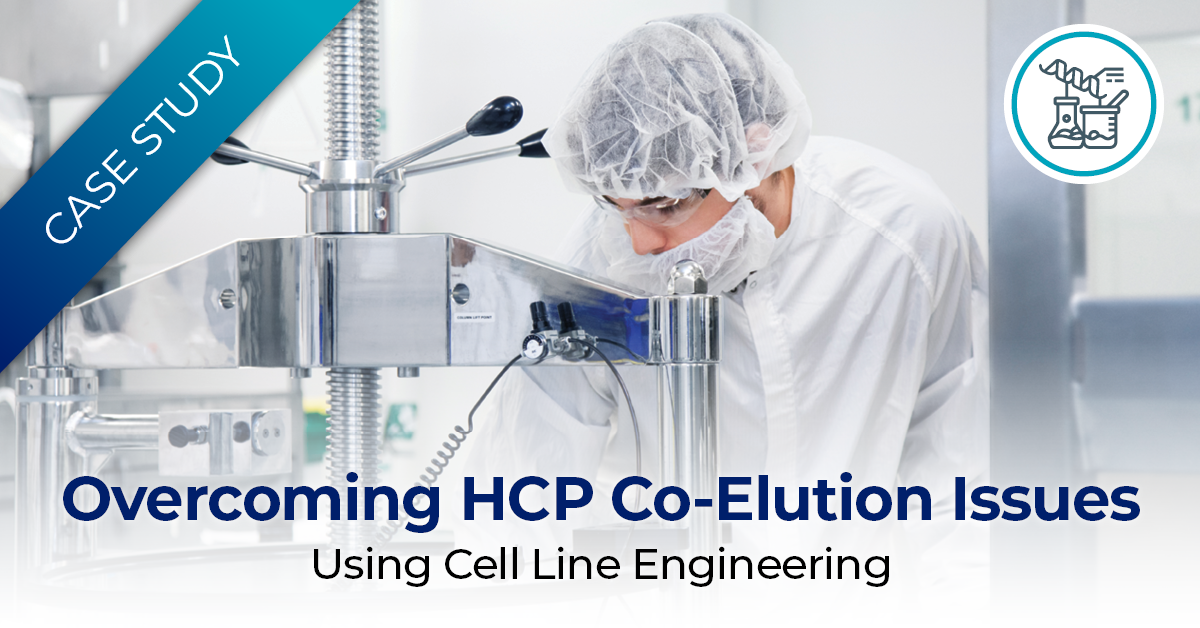2 min read
Finding the Best Fit: 5 Overlooked Tips for Fermentation CDMO Tech Transfer Selection
Nick McDonald July 30, 2024 at 2:04 PM

Five important points developers don’t always consider when selecting which CDMO is the best fit for their microbial manufacturing
Microbial systems, such as E. coli and yeast, have become increasingly popular in the pharmaceutical industry for recombinant protein production by offering shorter manufacturing times and lower costs. Additionally, microorganisms are used for producing pDNA, the starting material for mRNA, further demonstrating their versatility in biotechnology. As the demand for efficient and scalable production methods grows, selecting the right CDMO that can handle microbial expression processes, becomes crucial.
1. Flexibility in Process Fitting
Protein expression in microbial cells can be categorized into four areas: intracellular expression for soluble proteins, expression as an inclusion body, periplasmic expression, and secretory expression. Additionally, to obtain peptides from microorganisms, reverse-phase HPLC using organic solvents can be selected. When considering protein production by microorganisms, various processes must be considered before selecting the right CDMO.
While evaluating all technical details and processes during the initial selection stage may not be realistic, sufficient evaluation is necessary to determine if the process can be implemented and handled by the CDMO. AGC Biologics tailors the process flow according to the client's needs and offers the appropriate process to fit the facility. It is recommended to choose a CDMO that considers future at-scale manufacturing in its process flow.
2. Host Diversity
Microbial CDMOs typically use E. coli, in addition to yeast and gram-positive bacteria (Bacillus, etc.) host cells for microorganisms. Culture methods and their subsequent processes also vary greatly depending on the host cells. Especially when selecting yeast as the host, methanol may also be used as a fed-batch medium. The process flexibility and experience depend on the CDMO partner, so it is advisable to investigate their capability to handle a wide range of processes early in the selection phases.
Some clients develop their cell lines themselves and transfer the cells to a CDMO. In this case, it is better to refrain from using beta-lactam as a selection marker, as life-threatening anaphylaxis can result from allergic reactions to beta-lactam antibiotics. It depends on the CDMO’s policy, but avoiding the use of beta-lactam for cell line development can reduce potential future issues and improve your product's chance of success.
3. Scalability
Microbial processes have various patterns, and there are many key steps to keep in mind for the process transfer to a CDMO. Thus, once the client transfers their process to one CDMO, it can sometimes be difficult to re-transfer the process to another CDMO partner. It is important to select a partner that can handle everything from early phase to late phase and commercial manufacturing from a scalability point of view. AGC Biologics has the flexibility to manufacture scales from 100 L up to 4,500 L (3,000 L working volume) with commercial product expertise.
4. Assays for Microbial Proteins
Recombinant proteins require the setting of analytical methods specific to each product. A CDMO’s expertise in analytical method development enables smooth analytical implementation. AGC Biologics has been entrusted with more than 100 products and processes in the past and has a wealth of experience in this regard.
5. GMOs
Genetically modified microorganisms are regulated under the Cartagena Protocol on Biosafety, which has been adopted by many countries. In Japan, obtaining permission from the Japanese authority is necessary for each product, and the required documents and schedules vary by country. Choosing a CDMO experienced in handling these applications and processes can be very beneficial to maintaining your project's timeline.
Each microbial protein production process offers a wide variety of methods and different benefits. Ensuring that the client’s technology and process can be successfully applied and reproduced at a CDMO’s facility while maintaining product comparability is crucial. CDMOs are generally well-prepared to handle major expression processes from clients, but their flexibility can vary. Clients can evaluate CDMOs based on their ability to adapt to the client’s specific processes.
AGC Biologics has extensive experience and knowledge in microbial processes and can propose suitable alternatives when needed. AGC Biologics is committed to exploring the potential of microorganisms to provide optimal solutions for clients and the pharmaceutical industry.



